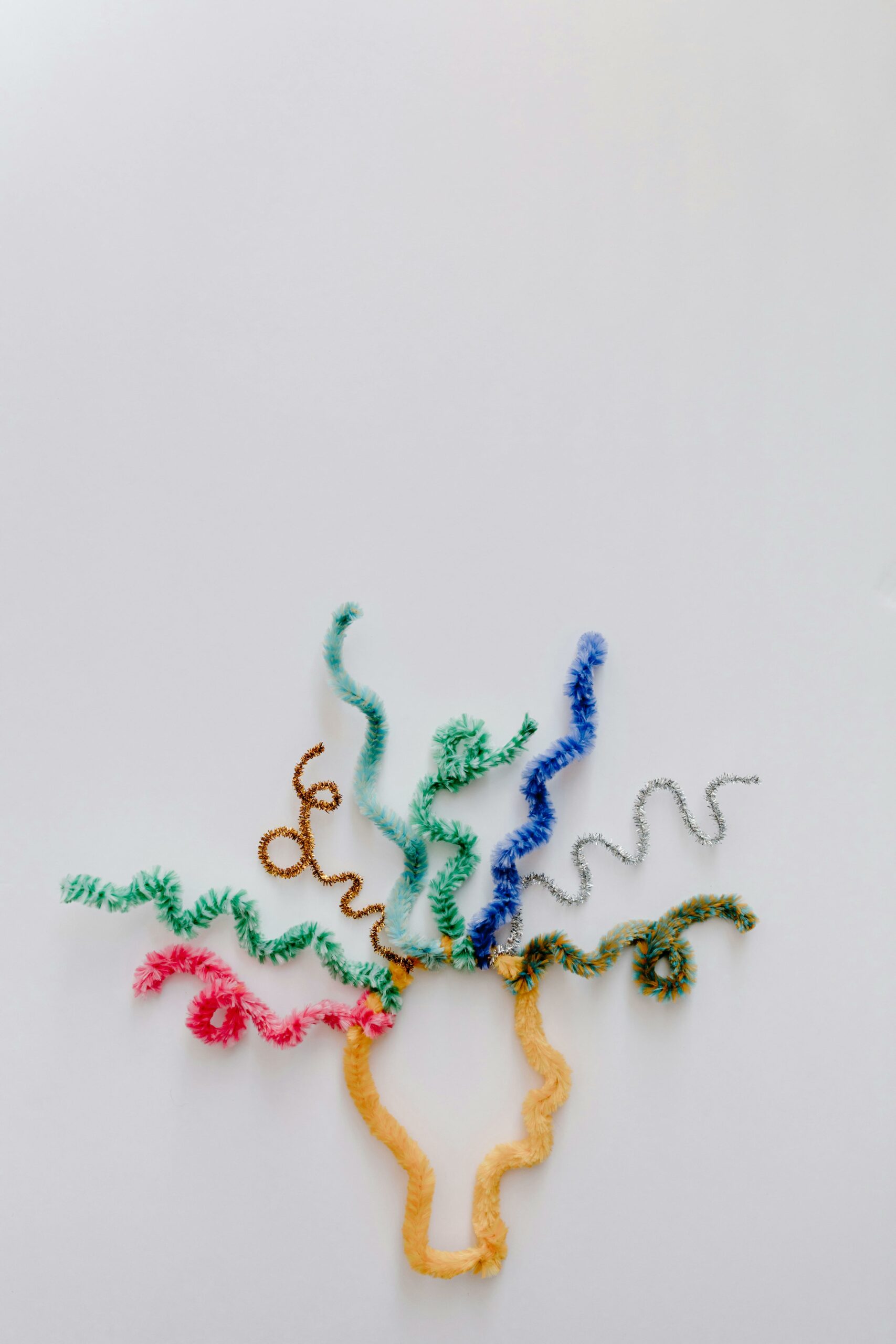The Nutrient of the Day-Vitamin D
Category: Healthy Nutrition

The other day while visiting a family member she told me that the doctor had told her that one of her tests he had taken showed that her vitamin D levels were extremely low. I had just recently been reading about how important a role this nutrient plays in our health so was very concerned.
This deficiency can lead to not only bone loss, but other serious health conditions such as heart disease, certain cancers, diabetes, Alzheimer’s disease, schizophrenia, depression, and some autoimmune disorders. Even MS has been linked to a lack of Vitamin D.
It takes about 15 minutes of exposure to sunlight on your hands and face for your body to make enough vitamin D under normal circumstances. Pulling ourselves away from the computer, workplace, tv, etc. to get that brief exposure can make a tremendous difference. Sunscreens that we apply daily to protect ourselves from the sun’s rays can also prevent enough exposure as well as protective clothing. If we reside up north or way down south we may need to spend a little more time outside.
Did you know Vitamin D transforms in the kidneys into the form your body can use, and Chronic Kidney Disease can interfere with that process? Whether or not you have CKD, it’s best to get enough vitamin D, whether from your body’s response to the sun, or from a supplement. When your vitamin D levels are too low, you can also end up with low calcium levels. That’s because vitamin D helps your body absorb calcium.
Foods that contain vitamin D include salmon, sardines, shrimp, milk, cod, and eggs. Among salmon, wild-caught fish have been shown to average significantly more vitamin D than non-organically farmed fish. Supplements can also be taken. It is the overwhelming consensus of researchers that D3 is our best bet when supplementing with vitamin D. (For more information about how to obtain such a supplement, contact me here).
Have you had your vitamin D levels checked recently?



Facebook Comments